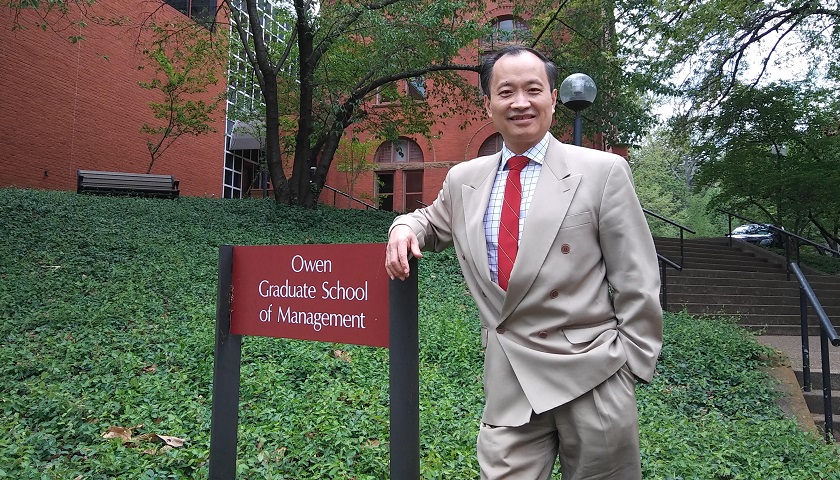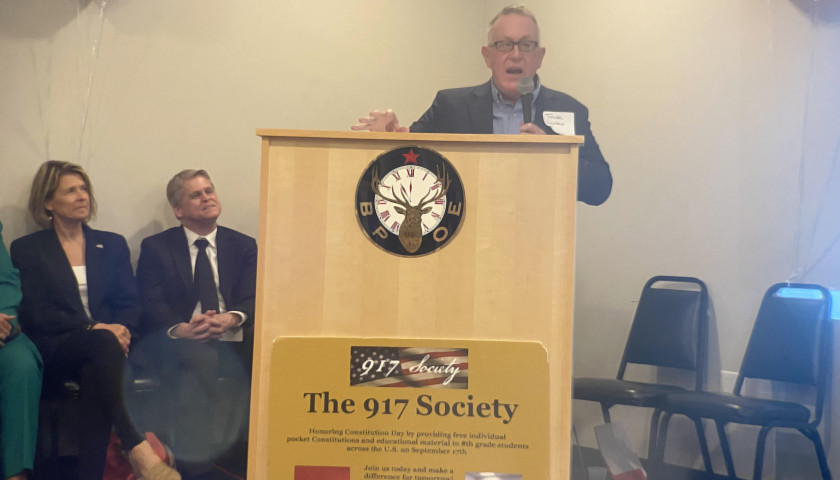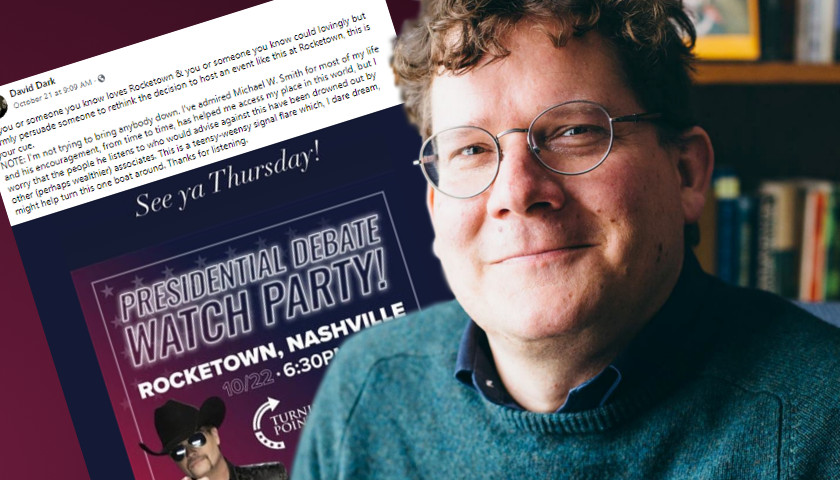Renowned Nashville eye doctor Ming Wang spoke to Vanderbilt students Friday about his life and work and recent appointment as CEO of U.S. operations for an eye hospital chain in China.
The appointment is the latest in Wang’s 15-year relationship with Aier Eye Hospital, the largest private eye group in China with 154 hospitals countrywide. Wang Vision Institute in Nashville will be a flagship for Aier and a training site for doctors. Aier-USA plans to build centers across the U.S.
In 2005, Wang performed the first bladeless all-laser LASIK surgery in China at the Aier Eye Hospital in Shanghai.
Wang escaped from communist China in 1982 and arrived in the U.S. with only $50 in his pocket. He went on to graduate with high honors from Harvard Medical School and MIT. He also is known as a ballroom dancer and is skilled at playing the Chinese violin. Raised in an atheist family, Wang later became a Christian and has spoken often about how his faith influences his work and involvement in charity.
Speaking before an audience at Vanderbilt’s Owen Graduate School of Management, Wang encouraged students to learn all they could about China because of its growing economy.
“It is a tremendous business opportunity for us,” he said, noting that China has become the number one trading nation in the world.
Wang said China’s ability to strengthen its economy in recent decades is surprising given that the country is still politically oppressive. He attributes China’s success to curiosity and eagerness to learn, and a drive to overcome its past adversity. It has involved an enormous amount of work that shouldn’t be underestimated, he said.
Despite China’s progress, there are still many parts of the country that do not have high-quality healthcare systems. Wang told students there are many opportunities to invest in China and help develop the country’s medical record system and management and medical legal infrastructures. He also said there is a great need for housing for seniors.
“China is really feeling the pain of the one-child policy,” he said.
The decline in the younger population is a problem in itself, but making matters worse is that many young people have adopted more Western-style patterns of living and no longer want to remain at home to care for the older generation, Wang said.
There are also opportunities in China to help with public education of eye diseases, prevention and treatment and charity work, he said.





